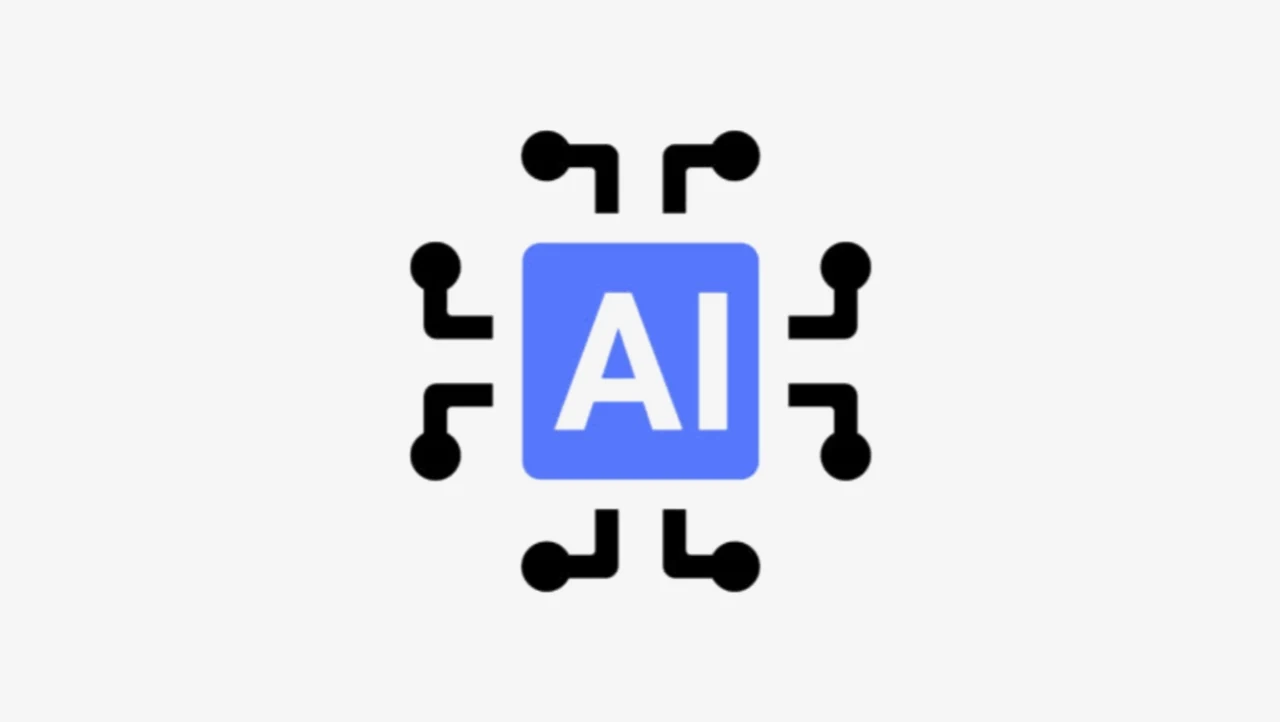As artificial intelligence (AI) systems continue to advance, major tech companies are facing a significant challenge: obtaining high-quality training data to fuel their AI models. According to recent reports from The Wall Street Journal and The New York Times, some companies have resorted to legally questionable practices to acquire the necessary data, raising concerns about copyright infringement.
OpenAI's Questionable Data Sourcing
The New York Times reports that OpenAI, in its desperation for training data, developed its Whisper audio transcription model to transcribe over a million hours of YouTube videos to train GPT-4, its most advanced large language model. While OpenAI acknowledged the legal ambiguity of this approach, the company believed it fell under fair use. Greg Brockman, OpenAI's president, was personally involved in collecting videos used for training, according to the Times.
Google's Potential Use of YouTube Content
Google, too, has faced similar challenges in securing training data. According to the Times' sources, Google gathered transcripts from YouTube videos to train its AI models. However, a Google spokesperson stated that the company has trained its models "on some YouTube content, in accordance with our agreements with YouTube creators." Additionally, the spokesperson emphasized that Google's robots.txt files and Terms of Service prohibit unauthorized scraping or downloading of YouTube content.
Meta's Exploration of Unpermitted Use
Meta, formerly known as Facebook, also encountered limits in training data availability. According to the Times, recordings revealed discussions within Meta's AI team about the unpermitted use of copyrighted works as the company worked to catch up to OpenAI. After exhausting "almost available English-language book, essay, poem and news article on the internet," Meta reportedly considered paying for book licenses or even acquiring a large publisher outright.
Legal and Ethical Concerns
The practices employed by these tech giants have raised legal and ethical concerns surrounding the use of copyrighted material for AI training. While some companies argue that their data sourcing falls under fair use, others have taken measures to prevent unauthorized use of their content. For example, YouTube CEO Neal Mohan expressed concerns about the possibility of OpenAI using YouTube to train its Sora video-generating model.
Seeking Alternatives and Solutions
As the demand for training data continues to grow, companies are exploring alternative solutions. These include training models on "synthetic" data created by their own models or employing "curriculum learning," which involves feeding models high-quality data in an ordered fashion to facilitate more efficient learning. However, these approaches are still in development and have not been proven at scale.
The tension between the need for training data and respect for intellectual property rights remains a significant challenge for the AI industry. As lawsuits challenging the use of copyrighted material continue to emerge, companies must strike a balance between advancing their AI capabilities and adhering to legal and ethical standards.


